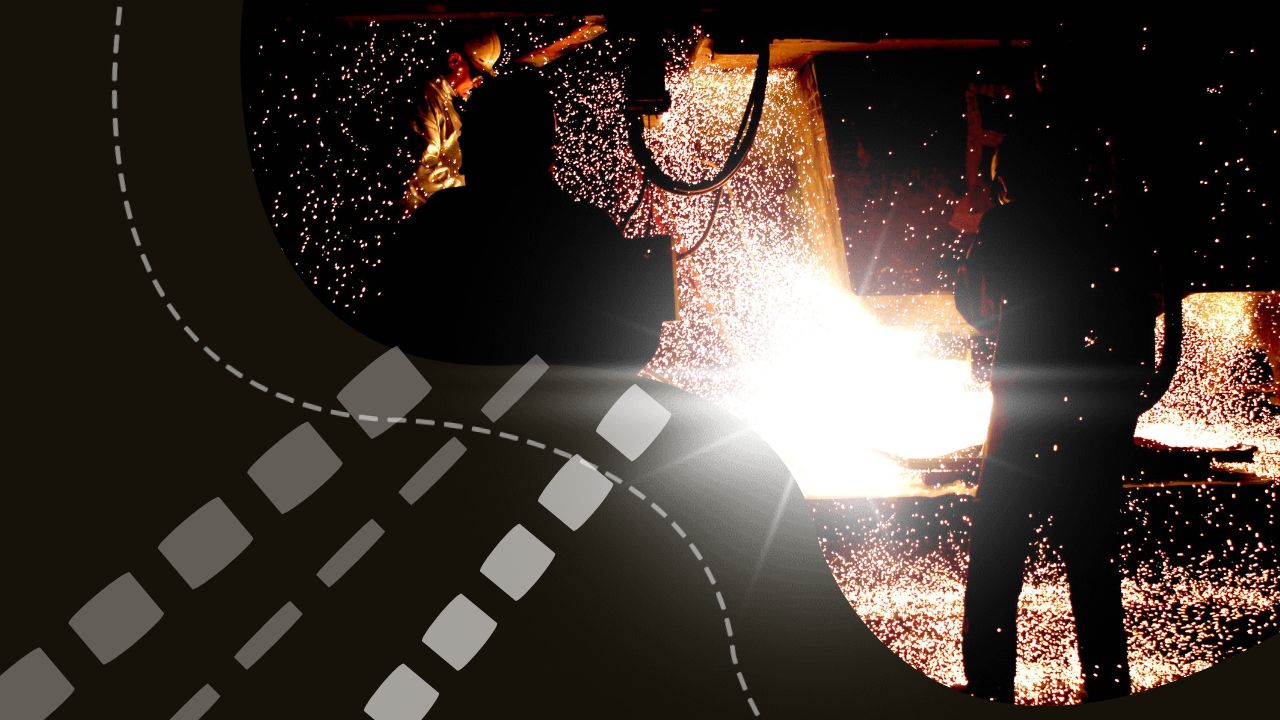Between March 2022 and July this year, Europe imported €13.7 billion worth of critical raw materials from Russia, data from Eurostat and the EU’s Joint Research Centre shows. More than €3.7 billion arrived between January and July 2023, including €1.2 billion of nickel. The European Policy Centre estimates that up to 90 per cent of some types of nickel used in Europe comes from Russian suppliers.
“Why are critical raw materials not banned? Because they are critical, right. Let’s be honest,” the EU’s special envoy for sanctions, David O’Sullivan, pithily said at a September conference.
The Union is desperate for critical raw materials to achieve its aim of climate neutrality by 2050. These commodities are crucial for electronics, solar panels and electric cars, but also for traditional industries like aerospace and defence. Yet they are all too often in scarce supply, unevenly available across the globe, and in high demand.
“The war in Ukraine has clearly shown the willingness of Russia to weaponise the supply of key resources. As Europeans, we cannot tolerate that,” says Henrike Hahn, a German Green MEP working on the new Critical Raw Materials Act.
Anti-corruption NGO Transparency International says it does not make sense that the sector has avoided sanctions given the known links. “They are part of the system and fueling Putin’s war,” says senior policy officer Roland Papp. “So it’s perfectly logical to ban those critical raw materials from Russia, as we did for other sectors and goods.”
Since the start of the war, other European buyers of Russian metals have included Germany’s GGP Metal Powder ($66 million of copper), French arms-maker Safran ($25 million of titanium) and Greece’s Elval Halcor ($13 million of aluminium). Dutch logistics firm C. Steinweg also handled at least $100 million of various critical metals on behalf of its customers.
Safran confirmed they are still buying titanium from Vsmpo-Avismo but are working to reduce their Russia purchases. GGP Metal Powder said “there is no real alternative to our supplier from Russia”. C. Steinweg said they follow all rules and sanctions. Elval Halcor, Vsmpo-Avisma, Rusal and Nornickel did not reply to requests for comment.
“Russia occupies a large part of Eurasia – it possesses a big part of the strategic reserves of critical raw materials, on par with China,” says Oleg Savytskyi from Razom We Stand, a Ukrainian NGO. Moreover, “the low density of the population, authoritarian control and practical absence of environmental and human rights protections made investments in the mining of Russia’s resources terribly attractive,” he adds.
The EU’s crippling dependency should have been curbed earlier, argues Transparency International’s Papp. “We’ve had enough time to react. The annexation of Crimea dates back to 2014, the invasion of Georgia even dates back to 2008 15 years ago! And what have we done? We’ve increased our dependence on Russia. It was an absolute and serious mistake.”
A Polish diplomat said Poland has pressed the EU to “decouple completely” from Russia in several areas, “but for the sake of unity and efficiency in adopting new sanctions packages we have agreed to postpone particular measures until further discussion.”
As EU sanctions require unanimity among all member states, divergent national economic interests can often water down packages. When the ninth set of sanctions banned fresh investments in Russia’s mining sector in December 2022, it included an exemption to invest in some mining activities for some critical raw materials. As a result, European companies can still pour cash into Russian mines to extract nickel, titanium and other key metals.
Weaning the EU off Russia’s critical and strategic materials will be difficult. Replacing suppliers and forging new international partnerships is an arduous process. Finding a raw material, such as titanium or copper, with a similar quality and price of those from Russia is also a challenge.
Imposing tariffs or severing ties too quickly could lead to a global price surge which would harm European buyers while benefiting Moscow. A ban could also prompt India, Iran, and China to intensify purchases, further depleting critical raw material resources for EU industries.
Tymofiy Mylovanov, president of the Kyiv School of Economics, says a ban would be difficult to implement given global demand challenges and Europe’s reliance on Russia. “Overall, with these specific materials, the monetary value of what Russia would lose from the EU import ban, might be smaller than the effect on the EU production,” says Ukraine’s former trade and economic development minister.
UN trading data shows that while EU imports of Russian copper, nickel and aluminium imports have declined in the past two years, nickel and aluminium revenues remained stable. Russia’s nickel sales to the EU were worth $1 billion in the first half of 2021 and were $1.1 billion two years later.
The Union is now trying to reduce its dependency. In March, the European Commission presented its Critical Raw Materials Act (CRMA), a new legislation aimed at reducing EU dependency on third countries for critical raw materials.
“War in Europe is a risk which was not present in the last decades and Russia was known as a reliable supplier,” says German MEP Hildegard Bentele, shadow rapporteur on the CRMA at the European Parliament. “The EU should take immediate action to support European companies to decrease and replace their CRM deliveries from Russia as soon as possible.”
The High Representative of the Union for Foreign Affairs and Security Policy is expected to propose a 12th package of sanctions in the coming weeks, which will be then discussed by member states. Brussels hopes the package will renew pressure on the Russian economy and sap its fighting strength on the battlefields of Ukraine. Restrictions on critical raw materials does not seem to be on the table.

